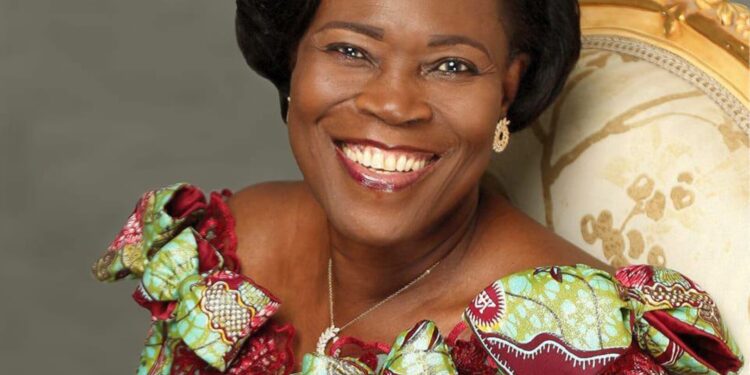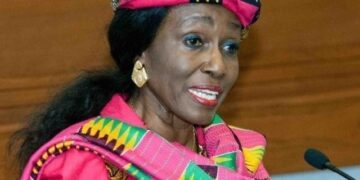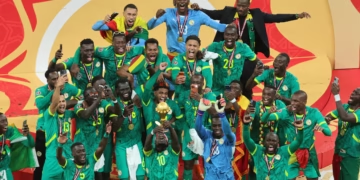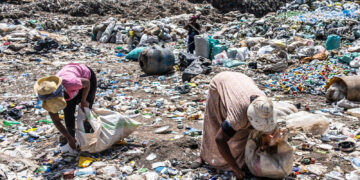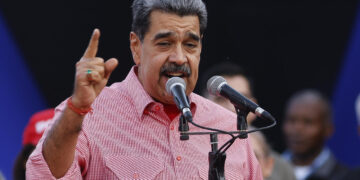ABIDJAN, Sept 13 (The African Portal) – Former Ivory Coast First Lady Simone Gbagbo has been cleared to contest in her country’s presidential election scheduled for October.
The 76-year-old political maverick, once dubbed the nation’s “Iron Lady”, was this week approved by the electoral commission to run, urging supporters to help her “build a new nation.”
For years, Gbagbo worked side by side with her ex-husband, former President Laurent Gbagbo, and was widely considered the power behind his throne. Now, with a divorce and a criminal conviction behind her, she is stepping onto the national stage as a presidential candidate in her own right.
A Reputation Built in Struggle
Simone Gbagbo was Ivory Coast’s first lady from 2000 to 2011. Supporters fondly called her “maman” (French for “mum”), but within the ruling party she co-founded — the Ivorian Popular Front (FPI) — she was both feared and respected.
“All the ministers respect me. And they often consider me above them,” she once told French magazine L’Express during her husband’s presidency.
She met Laurent in 1973 during their days as union activists, both pushing for multi-party democracy under Félix Houphouët-Boigny’s long autocracy. Their political activism landed them in jail multiple times.
In 1982, the couple co-founded the FPI. That same year, Laurent fled into exile in France, leaving Simone to raise their twin daughters. Six years later, they married in a small ceremony with fewer than 10 guests.
From First Lady to Prisoner
Simone played a central role in her husband’s 2000 campaign that brought him to power. But his refusal to concede defeat in the disputed 2010 election against current President Alassane Ouattara triggered a civil war that killed more than 3,000 people.
As pro-Ouattara forces advanced, the Gbagbos took refuge in a bunker beneath the presidential residence. They were captured in April 2011 and paraded out of hiding, marking the end of the conflict.
In 2015, Simone Gbagbo was sentenced to 20 years for “undermining state security” and organizing armed gangs. During her trial, she gave harrowing testimony of inhumane treatment, including attempted assaults while in custody.
President Ouattara granted her amnesty in 2018 as part of a reconciliation drive, paving the way for her return to politics.
Reinvention and Political Return
Following Laurent Gbagbo’s divorce in 2021 — after his relationship with journalist Nady Bamba became public — Simone struck out on her own politically.
She founded the Movement of Capable Generations (MGC), a leftist party promising a “modernized and prosperous Ivory Coast.”
Her candidacy is symbolically powerful in a nation where women remain underrepresented in politics. Only 30% of lawmakers in parliament are women, and few have held senior government positions.
Despite her tarnished record, Simone Gbagbo remains one of the strongest challengers to President Ouattara in the October poll. For her supporters, she embodies resilience; for her critics, she represents a controversial past.
Whether she succeeds or not, her candidacy marks a turning point in Ivory Coast’s political history — and raises the question of whether the “Iron Lady” can reshape her legacy into one of national leadership.
This article includes additional reporting from the BBC.
